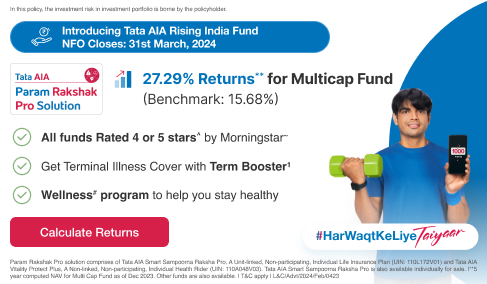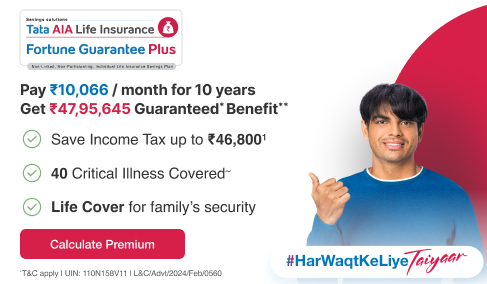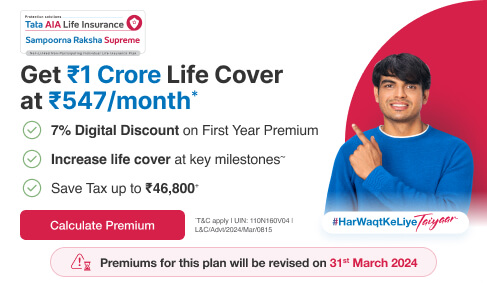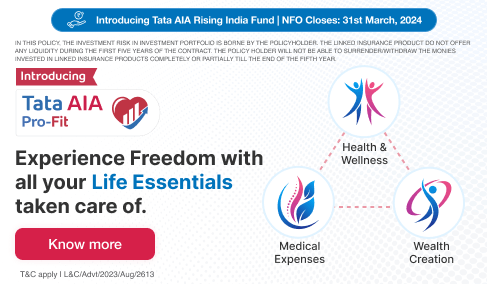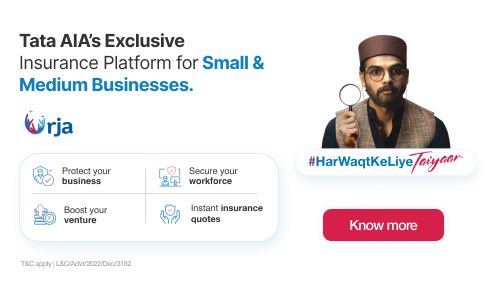19-07-2022 |
According to the Income Tax Act, every Indian citizen is liable to pay tax if he earns more than ₹2,50,000 in a financial year. The person on whom tax is imposed is known as the assessee under the Income Tax Act, 1961, which includes the following:
A salaried individual
A self-employed person or owner of a proprietorship firm
Hindu Undivided Family
A registered company under the Registrar of Companies
A partnership firm
A limited liability partnership firm
An Association of persons / Body of individuals
An artificial juridical person as defined by the Income Tax Act
Who is Self-Employed?

Self-employment has several advantages. You have the freedom to operate the business according to your will. You are the owner of your entity and the sole beneficiary of the profits. You fall under the category of self-employed under the Income Tax Rules if:
You offer services to other businesses without any formal contract with the entity.
You are engaged in any business of trade, commerce, manufacturing or other similar activities.
A self-employment assessee is an individual who doesn’t get a fixed income from an organisation.
Income tax for self-employed is levied under the “Profit and gain from business or profession” head. The word profession not defined under the act also includes vocation that includes a doctor, an architect, a painter, an author, etc.
How Much Tax Do You Pay If You Are Self-Employed?
For individuals other than senior and super senior citizens, Hindu Undivided Family, Association of Persons, Body of Individuals or artificial judicial person, the self-employed taxes are:
Taxable income (in rupees) |
Tax rate (in percentage) |
Up to ₹2.5 Lakh |
Nil |
₹2.5 - ₹5 Lakh |
5% |
₹5 - ₹10 Lakh |
20% |
₹10 Lakh and above |
30% |
For individuals between 60-80 years of age, self-employed taxes are:
Taxable income (in rupees) |
Tax rate (in percentage) |
Up to ₹3 Lakh |
Nil |
₹3 - ₹5 Lakh |
5% |
₹5 - ₹10 Lakh |
20% |
₹10 Lakh and above |
30% |
For individuals above 80 years of age, self-employed taxes are:
Taxable income (in rupees) |
Tax rate (in percentage) |
Up to ₹5 Lakh |
Nil |
₹5 - ₹10 Lakh |
20% |
₹10 Lakh and above |
30% |
Income Tax Return Filing Under the Income Tax Act, 1961
By filing Income Tax Return-4 (ITR-4), you can claim tax deductions from the expenses incurred during the business. This also includes interest on the loans taken for the businesses, insurance for the employees and depreciation of assets. But there should be legal proof to show the expenses.
By filing ITR-4S, if the income from your profession is less than ₹50 Lakh in a financial year, you can opt for a presumptive taxation system under Section 44DA of the act. In this method, your expenses are taken as 50% of the gross income while tax is levied on the remaining 50%. There is no need to maintain account books to show the expenses. This option is voluntary, and if you do not want to opt for the presumptive method, you can choose normal tax filing.
If the turnover of your business is ₹2 crores or less in a financial year, presumptive taxation is applicable under Section 44AD of the Income Tax Act. The minimum income from your business is taken as 8% of the gross receipts. But, if you receive payment in a digital mode, your minimum taxable income is 6% of the digital receipts.
If you choose the presumptive taxation for a particular financial year, you cannot go for regular ITR filing for the next five years. On the other hand, if you opt out of the scheme in a financial year, you cannot file your returns under the presumptive scheme for the next financial year.
Income tax returns for freelancers can be filed through ITR-4 or ITR-3. If a salaried person does freelance apart from the job, filing an ITR form is necessary. The presumptive taxation scheme applies to freelancers also working in prescribed professions under Section 44ADA of the act.
Audit of Accounts
If you are a self-employed professional and earn ₹50 Lakh or above as gross income in a financial year, you must get your accounts audited by a Chartered Accountant. Also, you have to submit the audit reports to the Income Tax Department.
You must assign a Chartered Accountant for account audits in a specific format if you own a business having an income of more than ₹2 crores.
However, if you do not opt for the presumptive taxation method, you must get your accounts audited by a Chartered Accountant irrespective of the income.
Surcharges Applicable
If your income is more than ₹50 Lakh, a surcharge at 10% of the tax liability must be paid apart from the tax payable.
If the income is more than ₹1 crore, the surcharge is 15% of the tax liability.
Surcharge at 30% of the tax liability is charged in case of firms and limited liability partnerships with taxable income up to ₹1 crore. For taxable income of more than ₹1 crore, the surcharge is calculated at 12%.
If income is more than ₹1 crore in the case of domestic companies, then the surcharge is calculated at 7%. However, the surcharge is 10% if the income is more than ₹10 crores.
Due Dates for ITR for Self-Employed
According to the Income Tax Act, you must file an income tax return for presumptive taxation (tax audit not applicable) before 31st July every year. To file a regular income tax return (audit is applicable), the due date is 31st October every year.
Tax* Benefits
The Income Tax Act has exempted certain investments and expenses from taxation. They include:
Life insurance plans
Retirement plans
Provident funds
Health insurance plans
The expenses on treatment or maintenance of a disabled dependent
The expenses on specific medical treatments
Interest paid on education or home loans
Conclusion
Now you know how the taxation system works for the self-employed. So, if you are self-employed and fall under the tax net, you must be tax compliant and never evade taxes. But you can reduce tax* liability by taking a term insurance plan that will also care for your family’s financial needs in your absence. Under Section 80CC of the Income Tax Act, the premiums you pay for a term policy are exempted from taxation. Moreover, the death benefit under Section 10(10D) is tax-exempt if the premium does not exceed 10% of the assured sum.
So, start investing with Tata AIA term policy and secure the future of your loved ones now!
L&C/Advt/2022/Jul/1567


 FOR EXISTING POLICY
FOR EXISTING POLICY
 FOR NEW POLICY
FOR NEW POLICY

